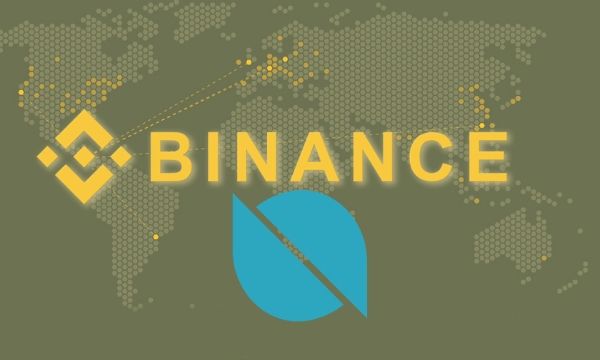Bukele Doesn’t Care About El Salvador’s Downgraded Sovereign Debt
Moody’s Investors Service recently claimed that El Salvador’s Bitcoin trading activity is boosting the nation’s risk of default. Like most other groups to speak out against the experiment, President Nayib Bukele publicly disregarded their opinion.
Moody’s Take On El Salvador
The ratings agency discussed El Salvador’s Bitcoin-related risks in conversation with Bloomberg last Wednesday. Analyst Jaime Reusche claimed the country’s Bitcoin holdings “certainly add to the risk portfolio,” particularly for a government that has encountered liquidity issues before.
El Salvador has been increasing its Bitcoin position at every available opportunity since making it legal tender in September. Based on the president’s Twitter updates, the country is estimated to hold 1391 Bitcoin at present, worth about $58 million at the time of writing.
However, based on Moody’s estimates, the country is down $10-20 million on that position since buying.
“If it gets much higher, then that represents an even greater risk to repayment capacity and the fiscal profile of the issuer,” said Reusche.
The analyst said that El Salvador’s lack of a deal with the International Monetary Fund has further increased its risk of default. The IMF itself spoke out against using cryptocurrency as legal tender in July, due to its price volatility.
Bukele: “El Salvador DGAF”
Moody’s pessimistic take on El Salvador’s debt is nothing new. Last July, the agency downgraded El Salvador’s sovereign debt to “Caal”, reflecting “very high credit risk”, due to a “deterioration in the quality of policymaking”.
As always, President Bukele cares little about the agency’s evaluation, staying fully devoted to Bitcoin. In a recent tweet responding to Moody’s statements, he said that El Salvador “DGAF”.
BREAKING: EL SALVADOR DGAF https://t.co/VuJ25PcvQL
— Nayib Bukele
(@nayibbukele) January 17, 2022
Bukele has shown indifference to other organizations’ similar warnings as well. When the Bank of England expressed worry over the country’s Bitcoin adoption in November, he suggested that their ‘worry’ was disingenuous.
In the replies, Bitcoiners were quick to point out that Moody’s was the same organization that gave inflated claims to risky mortgage investment before the 2008 financial crisis – which Bitcoin’s development was largely inspired by.









